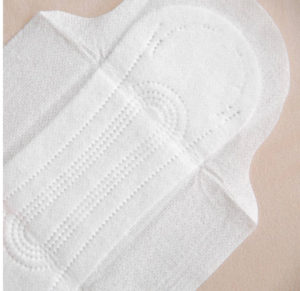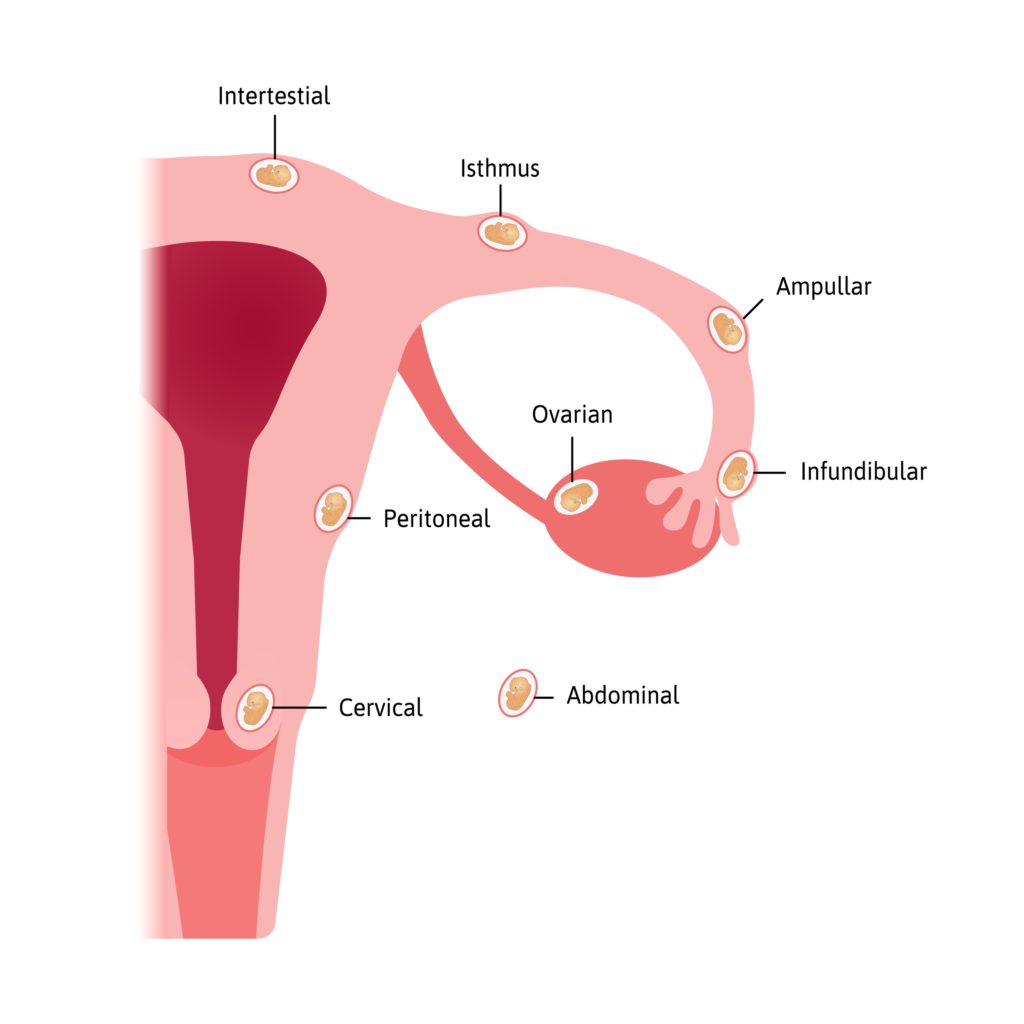Postpartum Bleeding: 5 Things You Should Know
It has been nine long months!
Your beautiful body has been through a lot of changes during this emotional period, all to climax at delivery. Noone could have warned you enough about intense labour pains you felt or prepared your emotions adequately for that cesarean section (C-section). Unlike what is portrayed in the movies, your body doesn’t automatically bounce back to normal after delivery. After all that hardwork, it would need some time to recover.
Recovery may take weeks to months after childbirth. You may experience some symptoms as your body attempts to return to its pre-pregnancy state.
One of these symptoms is Postpartum Bleeding, which is bleeding from the vagina after delivery.
If you’re a new mother experiencing this, or a new father wondering why your partner still bleeds and cramps even after your baby is here, this article is for you!
We’ve compiled a list of five things you need to know about postpartum bleeding.

Source: Shutterstock
What Is Postpartum Bleeding?
Vaginal birth and C-section moms experience some level of postpartum bleeding. The blood seen after childbirth is called lochia.
Lochia is actually not just blood, it also contains mucus, white blood cells and pieces of the womb’s lining, all mixed together in a bloody discharge. It looks very similar to your normal menstrual flow. Unlike period flow which typically lasts for 3-5 days, lochia may extend for up to six weeks after delivery.
What To Expect
In the first few days and weeks after delivery, your flow would look very similar to period blood; bright red but slightly heavier. It is also possible for you see pieces of tissue or what look like clots along with the blood.
As the days progress, the blood is expected to turn pink or brown in color. Also, the volume of discharge and size of the clots would begin to decrease. By the second week, the discharge will likely change to a white or yellow color. At this point, the bleeding may become inconsistent and your flow irregular.
After about three to six weeks, the bleeding is expected to stop.
If you delivered your baby through a caesarean section (C-section), your flow would be likely less than what occurs in a vaginal delivery. Regardless, you would probably still see some blood.
There Will Be Some Cramping !
Another thing to expect during your recovery period is postpartum cramping, also known as Afterpains. This usually accompanies postpartum bleeding and eases as the bleeding decreases. Postpartum cramping occurs because your uterus is trying to contract and shrink back to its normal size; thus causing lower abdominal pain that often feels like menstrual cramps.
These pains are most intense during the first two to three days after giving birth; when post partum bleeding is the heaviest, even though it might take about six weeks for your urerus to return back to its pre-pregnancy state.

For mothers who are breastfeeding, these pains would likely be more intense. When your baby suckles, a hormone called oxytocin is released.
Oxytocin causes your womb to contract. This intensifies the cramps. The cramping is more intense for first-time moms because your uterus has more muscle tone than a woman who has given birth more than once.
How Can You Manage The Bleeding?
At first, regular pads and tampons may not suffice as your flow would probably be heavier than your normal monthly menstrual period. Therefore, you may need to wear a hospital maternity pad to contain the bleeding.

Source: Canva
As the weeks pass, and your bleeding slows, you can transition to a regular menstrual pad.
Once the bleeding is light enough, or you are only seeing slight discharge, you can switch to a panty liner.
Experts recommend that tampons and menstrual cups should be avoided during this period so that your vagina can properly heal. Also, take caution to change your pads regularly to prevent infection.
For mothers who experience afterpains, applying a warm heating pad or hot water bottle could bring some much needed relief. Pain relievers like an Ibuprofen or Paracetamol could also be taken with approval of a doctor.
When Should You See Your Doctor?
While it is completely normal to expect bleeding after delivery, care should be taken not to confuse postpartum bleeding with postpartum hemorrhage (excessive bleeding), which could be deadly.
Here are some warning signs that you need to contact your doctor immediately;
- If your maternity pads constantly get soaked within an hour
- You notice bright red bleeding that doesn’t lessen after a few days
- Foul smelling discharge
- A fever of 38°C or higher
- Dizziness or faint feelings
- Irregular and racing heartbeats
- Large and numerous blood clots (about the size of a tomato)

Image: sutterstock
Regardless of how much information you may gather beforehand, having a baby is a major transition phase in your life. You may never be fully prepared for the changes your body and mind would undergo throughout the whole process.
This is entirely normal and you would need sufficient time to adjust. However, if you feel uncomfortable about anything, physically, emotionally or mentally, please reach out to your doctor or another health professional for advice.
We are here to help you.
References
- Nic Hopkirk 2020, Lochia: Everything You Need to Know About Bleeding After Birth, Goodtoknow, Viewed on 28 May, 2020, <https://www.goodtoknow.co.uk/family/pregnancy/lochia-everything-you-need-to-know-about-bleeding-after-birth-432111>
- Rebel Wylie 2019, Postpartum Period: What You Need To Know About Bleeding After Birth, BountyParents, Viewed on 28 May, 2020, <https://www.bountyparents.com.au/expert-advice/postpartum-bleeding-period-after-birth/>.
- Stephanie Watson 2018, Is Postpartum Bleeding Normal, Parenthood, Viewed on 28 May, 2020, <https://www.healthline.com/health/pregnancy/is-postpartum-bleeding-normal>

















